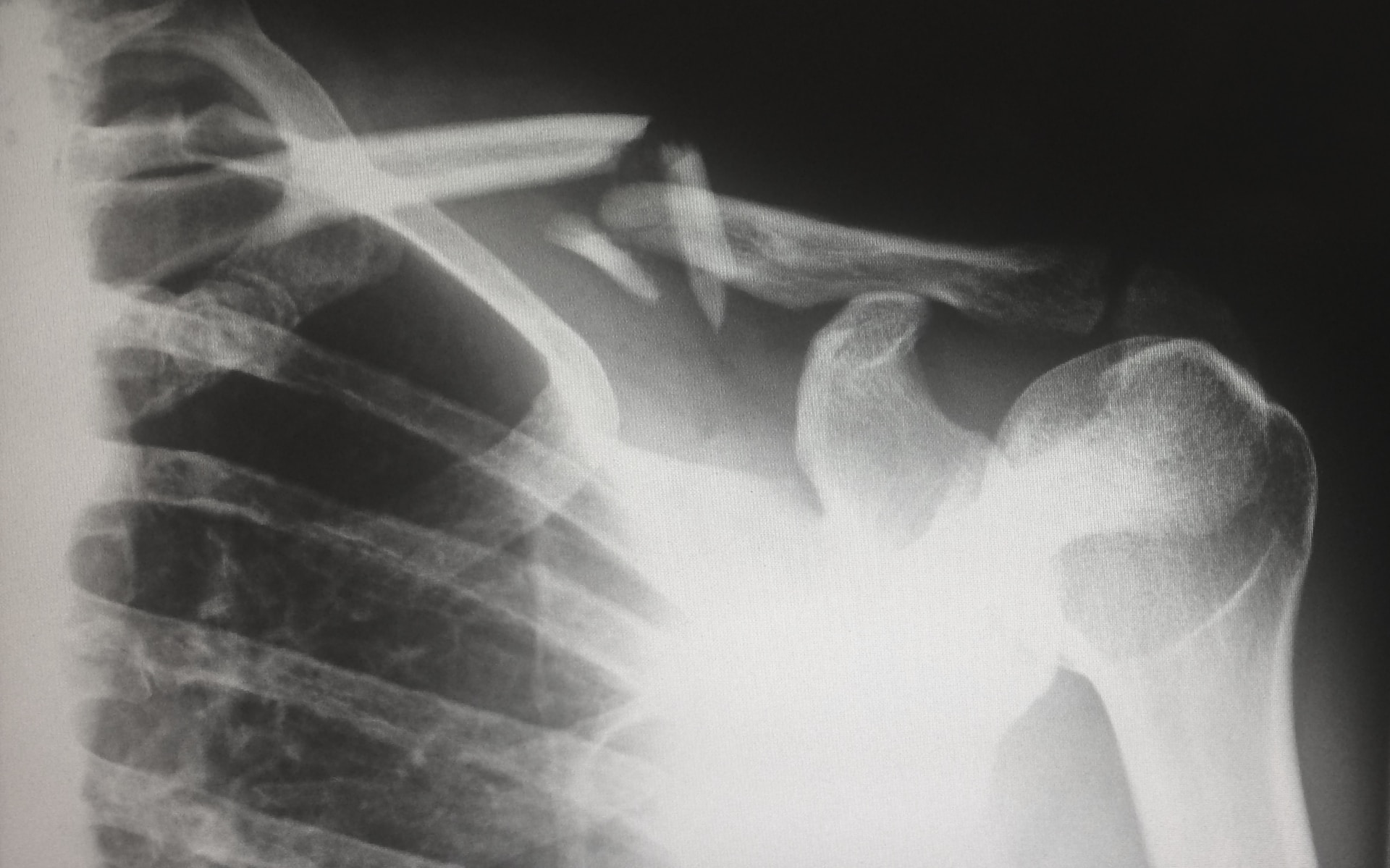A crucial component of construction management is defect management. It is the process of locating, following up on, and fixing errors or problems that develop throughout the building process. Defects can range in severity from small visual flaws to significant structural problems that jeopardize a building’s safety.
There are several reasons why defect management is critical in construction. Some of the key reasons include:
Safety
In the construction sector, safety is of the highest significance. The safety of construction workers and building occupants can be seriously jeopardized by construction defects. For instance, structural flaws may cause a structure to collapse, which may cause severe harm or even death. These problems may be found and fixed with the aid of efficient defect management before they pose a risk to safety.
Quality
The overall quality of the building project may also be affected by flaws. Defects can stack up and damage the building’s operation if they are not fixed. For instance, a roof leak might endanger the structure of the building by causing internal water damage. Defect management makes ensuring that the building project’s quality is upheld and that the final result adheres to the necessary requirements.
Cost
The cost of building can be significantly impacted by flaws. Correcting errors can be costly, time-consuming, and cause a project’s completion date to slip. By locating problems early and taking prompt remedial action, efficient defect management can assist to reduce these expenses.
Reputation
The success of a construction firm depends heavily on the reputation of a project. Construction flaws can harm a business’ reputation and hinder its ability to win new business. The completion of the building project and the achievement of high-quality standards may both be ensured with effective defect control.
Compliance
In the construction sector, adherence to building standards and regulations is crucial. The construction project’s compliance with the necessary building norms and regulations is ensured via defect management. This helps avert any legal problems while also ensuring the building’s safety.
Liability
Construction companies may be held liable for defects in their work. The building business might be held accountable if a flaw results in harm or property loss. By recognizing and fixing problems before they become a problem, effective defect management may help reduce the risk of responsibility.
Defect control is crucial in the construction sector, to sum up. It aids in ensuring that building projects are secure, of the highest caliber, and adhere to rules and regulations. Good defect management may also lower the expenses of fixing errors, safeguard a building company’s reputation, and reduce the danger of legal trouble. To guarantee that any problems are quickly found and fixed, avoiding potentially significant repercussions, it is crucial to adopt a strong defect management strategy from the commencement of a building project.
















